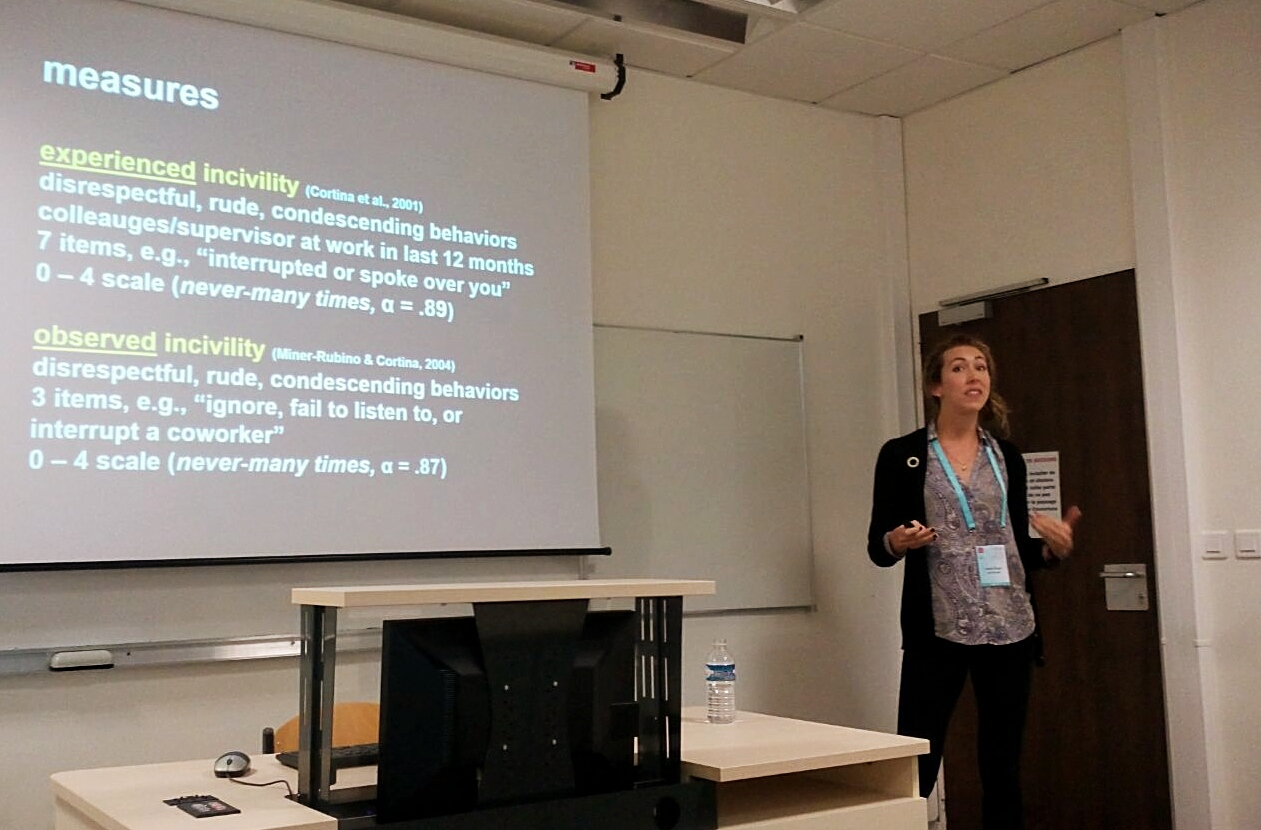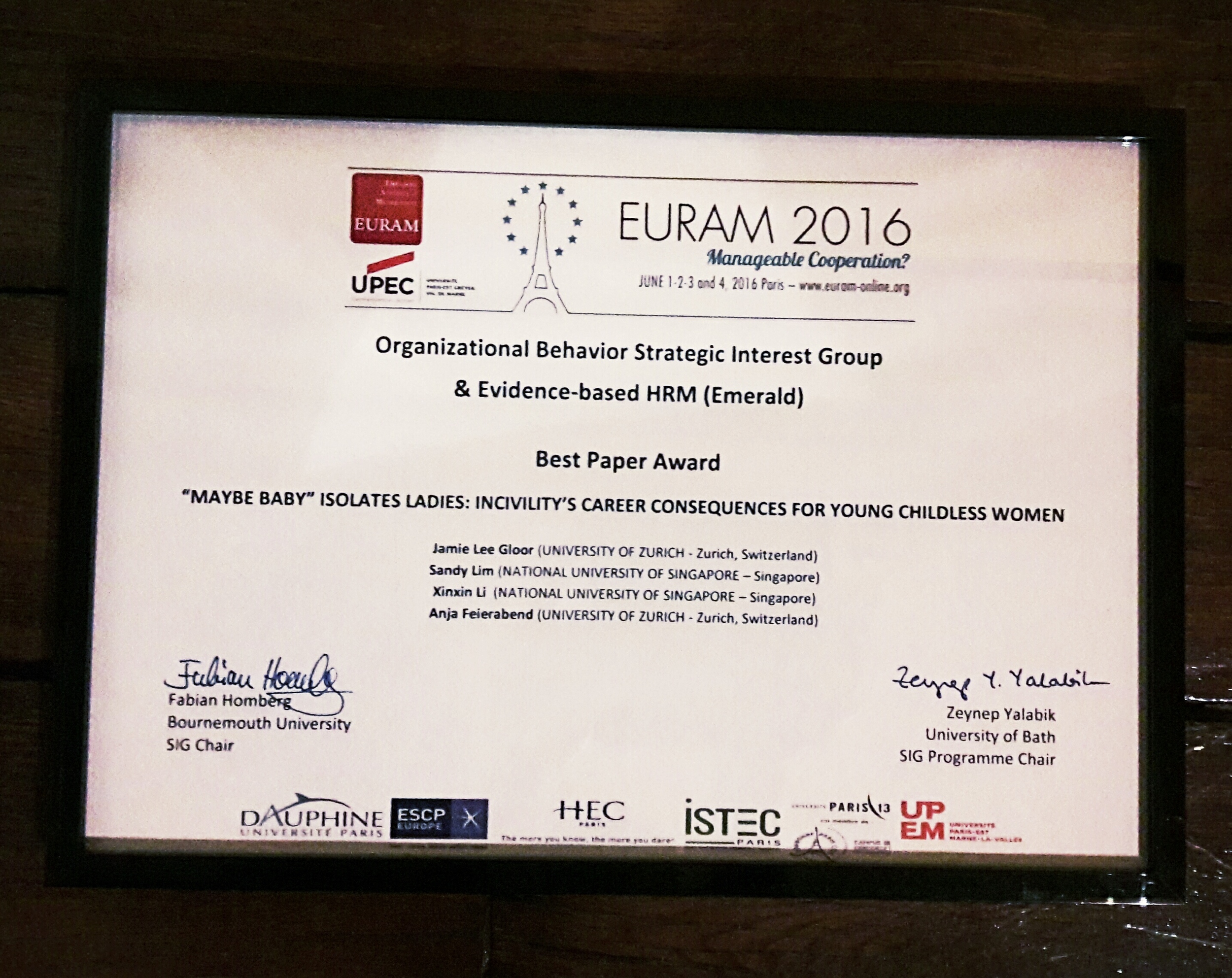Subtle Biases & Structural Change for Gender Equality at UZH
Jamie Gloor
A recent article published in the University of Zurich (UZH) journal featured the 8 projects of the UZH Gender Equality Action Plan (2013-2016). For more information about the Action Plan, the individual projects, or specific results from several of the projects, see here.
As 1 of these 8, our "Assistant Professor Project" (together with Professor Bruno Staffelbach, Dr. Anja Feierabend, and Susanne Mehr, MA UZH) at the faculty for business, economics, and informatics was also featured. In this project, we examined the career and life stages leading up to and including the Assistant Professorship, to determine if this position is a suitable springboard for a professorship. Given that family formation overlays this critical career period, an event that entails more negative gender-based career stereotypes and expectations for women than for men, we also examined if achieving an Assistant Professorship (or higher) differs according to scholar gender, parenthood, or both factors.
Examining gender, parenthood, and the interaction of gender and parenthood (i.e., childless women and men, mothers and fathers) is key in light of the "maybe baby" bias, namely, expectations of risk that a young childless woman might have a child soon. In other words, scholar age is used as a proxy for childbearing chance, which triggers gendered expectations of uncertainty pertaining to temporary (during parental leave) or longer-term (drop-out from the labor market) cost and inconvenience for young female scholars, but not young male scholars.
In 2 peer-reviewed papers presented (2015) or accepted for presentation (2017) at the Academy of Management Annual Meeting, a yearly gathering of 10,000+ international management scholars, my coauthors and I argue that even potential parenthood can be hazardous for young women striving to get ahead in their careers: we show that "maybe baby" expectations contribute to gender biases in employment through decision-makers' hiring decisions towards young childless women (here) and coworkers' and supervisors' interpersonal treatment of young childless women (here).
Our central recommendation for an evidence-based structural change to reduce "maybe baby" bias is to more evenly allocate parental leave to both women and men. Currently, women are allotted significantly more parental leave than men at the national- and organizational-levels in Switzerland. Although likely well-intended to aid new mothers' work-life integration, these gender-based discrepancies in parental leave allocation asymmetrically increase the expected cost and inconvenience of women's (potential) childbearing, but not men's. For more information about the Assistant Professor project or our other recommendations, see our final report here.















